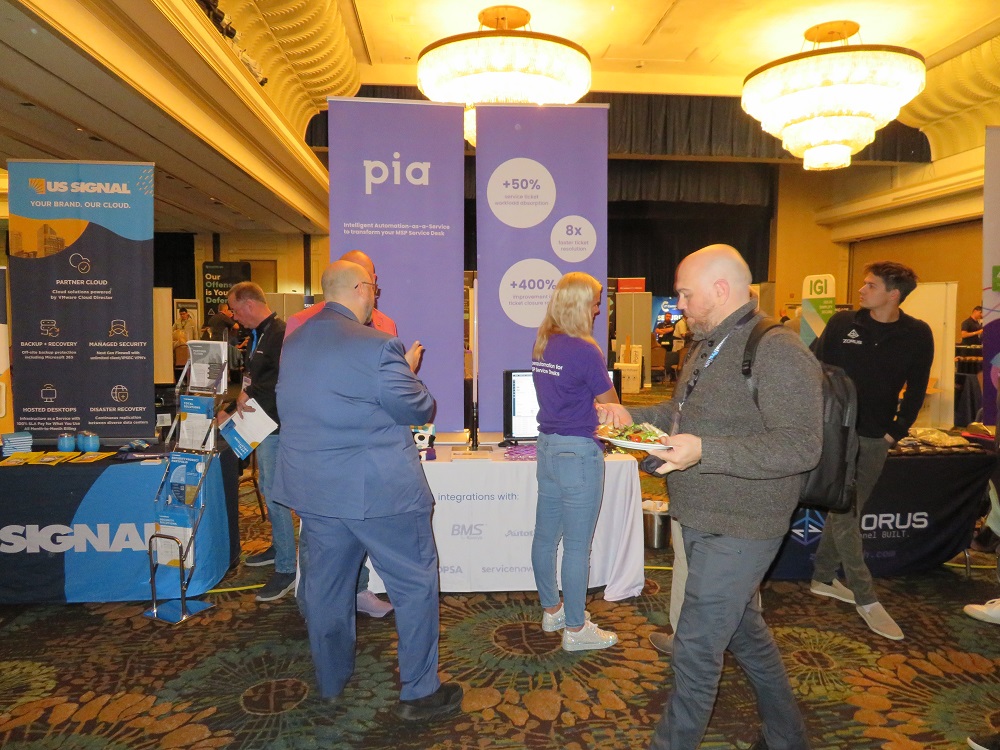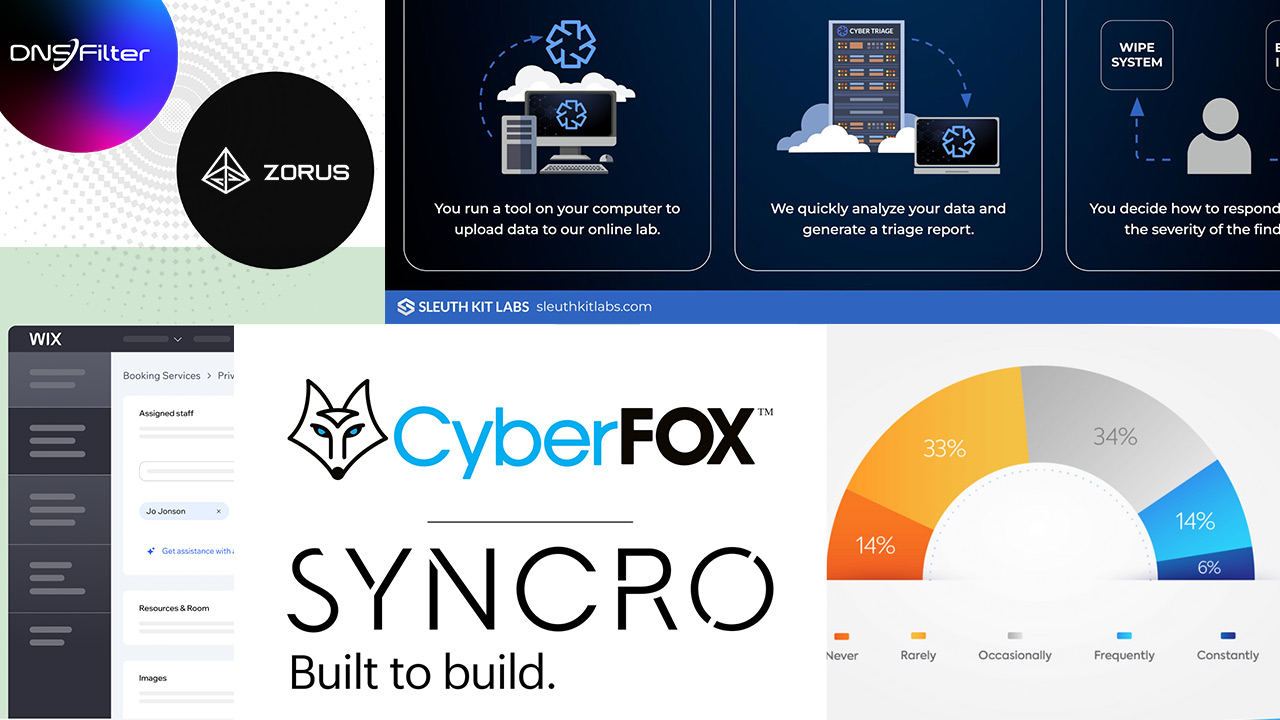Pia Continues Global Expansion with Language and Currency Support in Development
Pia, the Australian-based startup that entered the U.S. market in July, is continuing its global expansion, according to Tim Coach, who was the U.S. channel chief and has recently been named global channel chief. Coach says Pia, which develops AI-based service desk process optimization and automation, is actively moving into the U.K. and EU markets, has closed deals in India and South Africa, and is working to roll out support for different languages and monetary systems for 2023.
To support that goal, Pia has grown its development staff from 40 in September to over 50 now. “Part of that is creating all these different nuances that each country needs to use the product, because you truly can’t be a … global company if you’re not using their currency, if you’re not using their languages,” Coach says. In addition, he notes, Pia is looking to form strategic partnerships in each market.
Pia is continuing to build out Tier 1 and 2 ticket functionality, Coach continues, and will be adding Tier 3 next year. Today Pia has about 60 clients running its agents on around 250,000 endpoints. “We’ve got another hundred thousand endpoints in the pipe that [are] actively signed and actively moving into the solution,” he adds.
Boosting MSP profitability is the goal. “One of the things that eats away at our profits the most as an MSP is labor cost, hands down,” Coach says. “No matter what you do across the board, if a ticket takes 15 minutes or 30 minutes or two hours, that’s a direct cost against that contract. So, the more that we can reduce the labor cost on a ticket, the more profitable we can make the MSP.”
Security is a big push for Pia as well, he says. “I’m working on another strategic relationship I can’t really speak too much about, but it’s a big relationship that’s, specifically in the U.S. market, going to hit home for a lot of the MSPs about how serious we are with the security and how we want someone outside of us to certify our product and our solution, so they know it’s safe.”
Coach says Pia expects to announce a strategic partnership on the development side of the house early next year as well.
As Pia scales, there are no plans to raise capital. “We’re not fundraising. We’re not seeking VC money. We’re not seeing any outside funds,” Coach stresses. “The product was created by a nine-figure MSP. They have 175 employees on staff. We are 100% privately funded. We don’t need VC money.”
Dark Cubed Enhances Product Functionality and Looks to Endpoint Protection Next
Security vendor Dark Cubed, acquired in September by Celerium, a supplier of threat intelligence and threat sharing solutions for critical infrastructure organizations, is continuing apace with its product roadmap to build out front- and back-end capabilities to improve both visibility and usability for its MSP partners, according to Jonathan Marinaro, director of technical sales for Dark Cubed.
“Right now, we do have a certain level of multitenancy, the ability to switch between different clients for an MSP,” he says. “We’re looking to actually expand on that and make it much easier to be able to, say, access those different disparate clients through a single central interface, as well as expand on reporting, give them the ability to maybe queue up reports and have that on more of a more frequent basis.”
He adds, “We’ve been working closely with our partners and our MSP advisory board to just understand what they’re looking for, to be able to build that into the product.”
Marinaro expects those enhancements to be available in the spring. Then, he says, Dark Cubed will turn its attention to what he calls “an endpoint-based client version of Dark Cubed” to protect work-from-home and mobile users.
The Dark Cubed team is also looking to make Celerium’s academy and training offerings around CMMC available to Dark Cubed partners.
Dark Cubed remains “absolutely committed to the channel,” Marinaro says. “We’re building more and more relationships on that side.”














